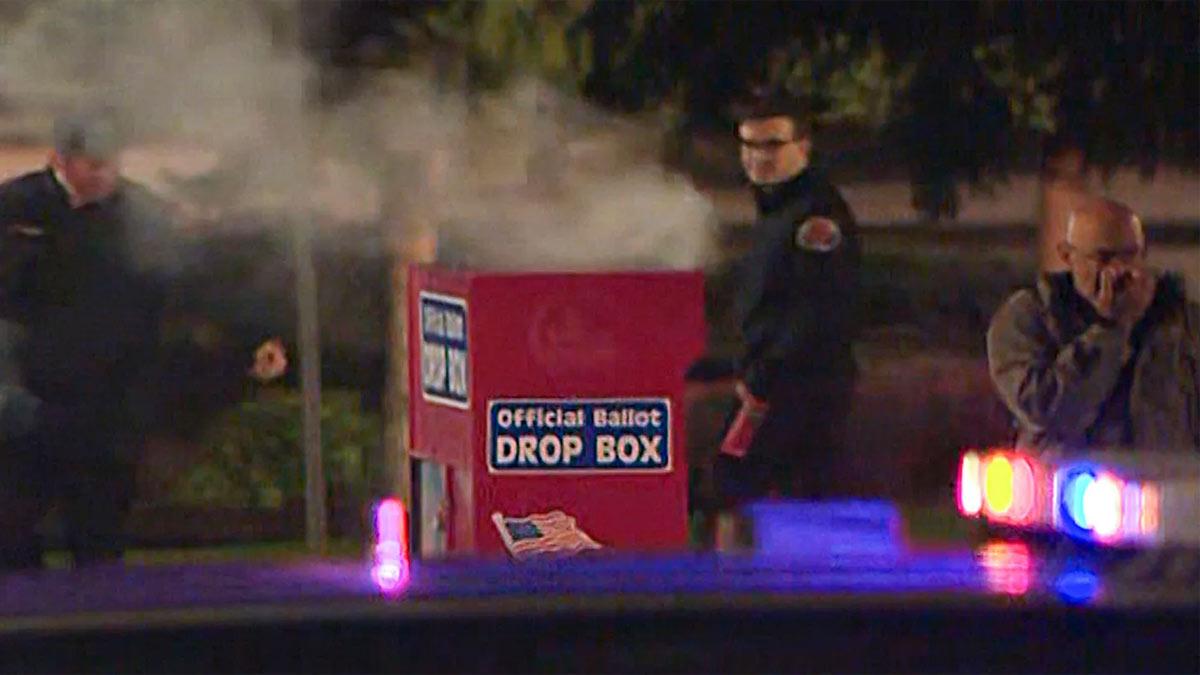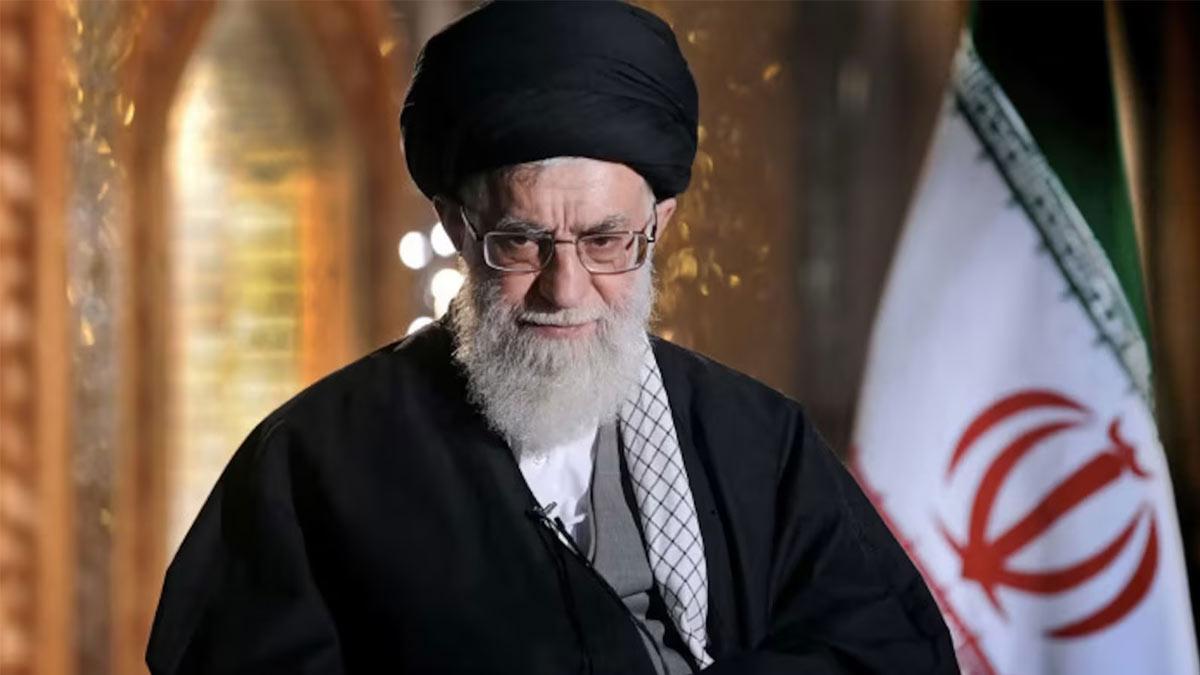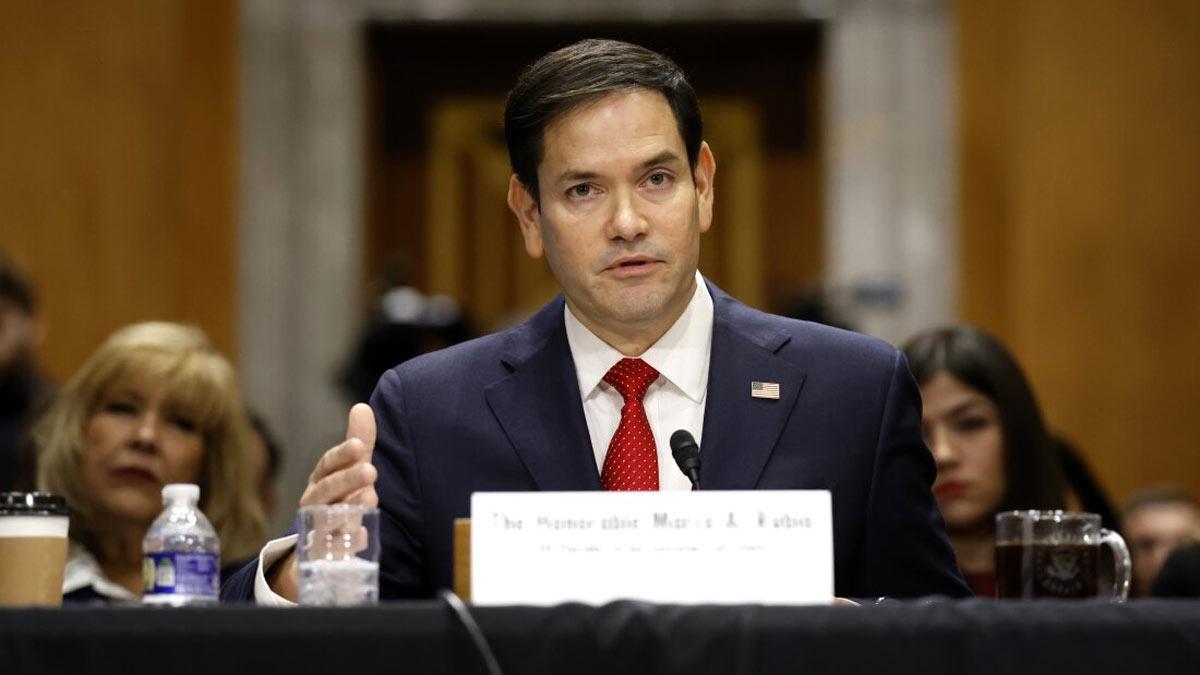According to the Department of City Planning, more than 200 languages are spoken in New York, which makes it the melting pot of America. However, the ballot papers in the US presidential elections will have only four other languages apart from English.
And guess what? Bengali represents the Indian languages in this list.
The US will on Tuesday vote to elect its 47th President.
We have to provide support for four other languages in addition to English. There is Chinese, Spanish, Korean and Bengali are the Asian languages," observes Micheal J Ryan, Executive Director, Board of Elections, NYC.
Subhshesh sells clothes in a store located at Times Square and originates from Bengali origin. He is relieved that his father, who stays at the Queens area, would now get linguistic support if he is going to the Queens to vote.
People like me know English but many others in our community are comfort-loving in the native language, which helps them at polling stations. I am quite sure my father will approve of the idea of being able to see a ballot paper in Bengali.
By law, New York City is compelled to offer voting materials in Bengali at specific poll sites. This mandate encompasses not just ballot papers but also other critical voting materials to provide full language assistance to voters who speak Bengali.
Ryan explains why Bengali is on the list of languages the Board of Elections serves.
"There was a lawsuit about language access, and you know the country of India itself has a lot of different languages within it. And so the settlement of that lawsuit required, within certain population density, to have an Asian Indian language, and then through some negotiation they settled on Bengali.". I understand that the Bengali was a limitation in choice but it was due to a lawsuit. For the first time in 2013, ballots of South Asians in New York City's Queen locality have any Bengali translations on them.
Bengali-language ballots were added nearly two years after the federal government ordered the city to provide language assistance to South Asian minorities under a provision of the 1965 Voting Rights Act.
The Bengali-speaking population includes people from Asian countries such as India and Bangladesh. Although it does not represent the entire spectrum of languages spoken in the region, the addition of this language is likely to make a huge difference in voter turnout among the Bengali-speaking population.
"It helps the Indian community," says Dr Avinash Gupta, President of the Federation of Indian Association.
It will take the Indian population out and vote. That is how we can get our voices heard. We are a sizable population. It is heartening to see how Indians go out and vote and even contest elections, says Dr Avinash Gupta.
Read also| Trump Raises Concerns Over Possible Election Rigging Ahead of US Polls


















